Select a province & language
Entrance to this website assumes you have read and agree to these Legal Terms and Conditions and the Privacy Policy.
Entrance to this website assumes you have read and agree to these Legal Terms and Conditions and the Privacy Policy.
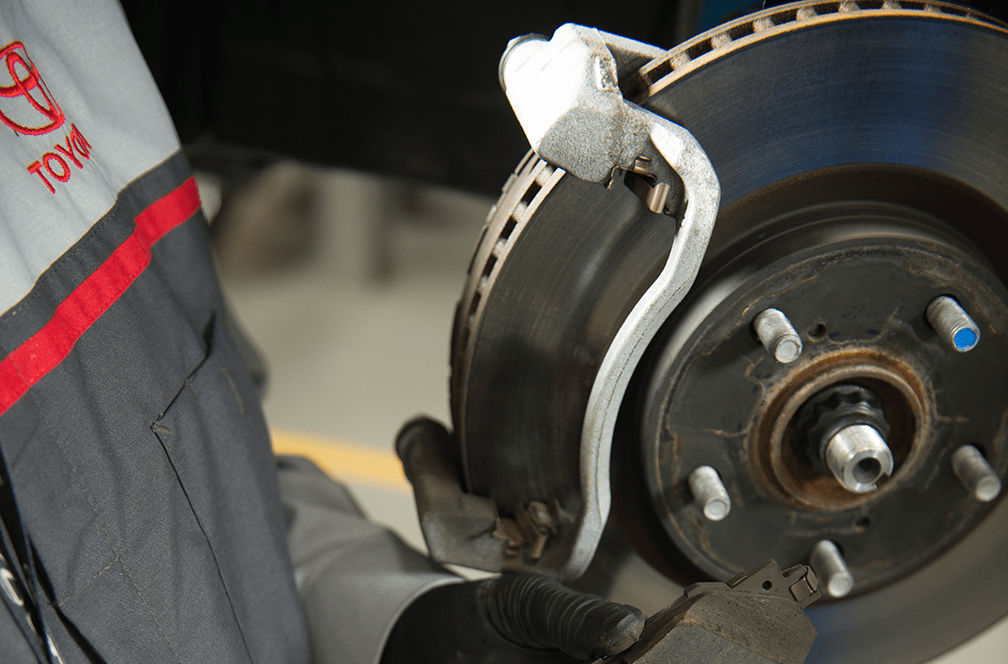
Your brakes are vital to the performance and safety of your vehicle. But it’s easy to take them for granted and (let’s be honest) even easier to put off getting them checked. If you knew just how much you use your brakes, you’d quickly realize that getting them serviced is a no‐brainer!
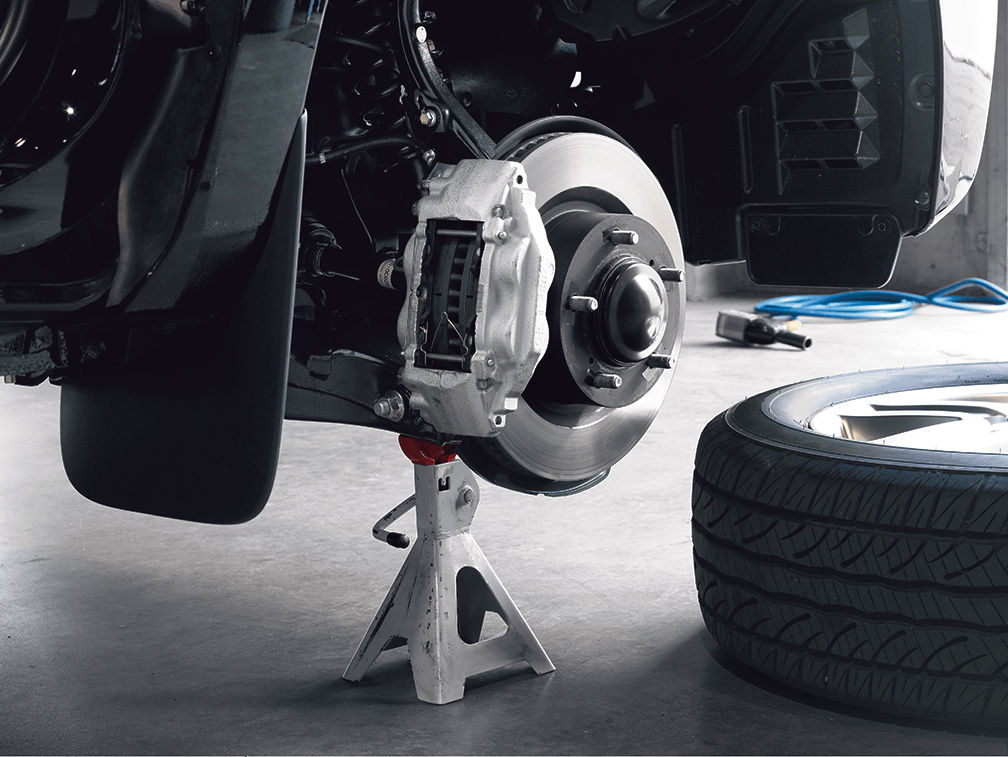
Your brakes are part of a complex system designed to bring your vehicle to a stop, and are made up of components like calipers, rotors, pads, shoes and drums. These parts require regular inspection and periodic servicing to ensure smooth operation, and more importantly help you avoid a collision. In fact, they’re your most important safety feature – so it’s safe to say you need to take care of them.
At every 8,000 kilometre service interval, your Toyota technician will thoroughly examine your brake system and advise whether brake components require servicing, replacement, or whether they are in good condition and require no additional maintenance.
Keep in mind that there are several factors that affect the longevity of your brakes:

Brake parts have a life span and they need to be regularly serviced and sometimes replaced in order to work safely and properly. Fortunately, there are some clear signals that your brakes are due for service.
Do you hear a high‐pitched screeching or squealing when you brake? This sound is caused by a built-‐in “wear indicator” to alert you that your brake pads need to be replaced. On the other hand, a grinding or growling noise indicates metal-‐on-‐metal contact – which means the brake pads have worn through. This is very bad for your calipers and rotors and can be very costly to replace. Don’t wait, bring your Toyota home for service ASAP!

A pulsating or vibrating brake pedal, similar to the feeling of anti‐lock brakes, is an indicator that your brake pads are worn down or warped. If you notice your brake pedal feels soft or “mushy”, it can mean there’s a more serious issue with your brake fluid, line or system – in which case a thorough flush is required (don’t just top off your brake fluid). Your certified Toyota technician will be able to make a definitive diagnosis.
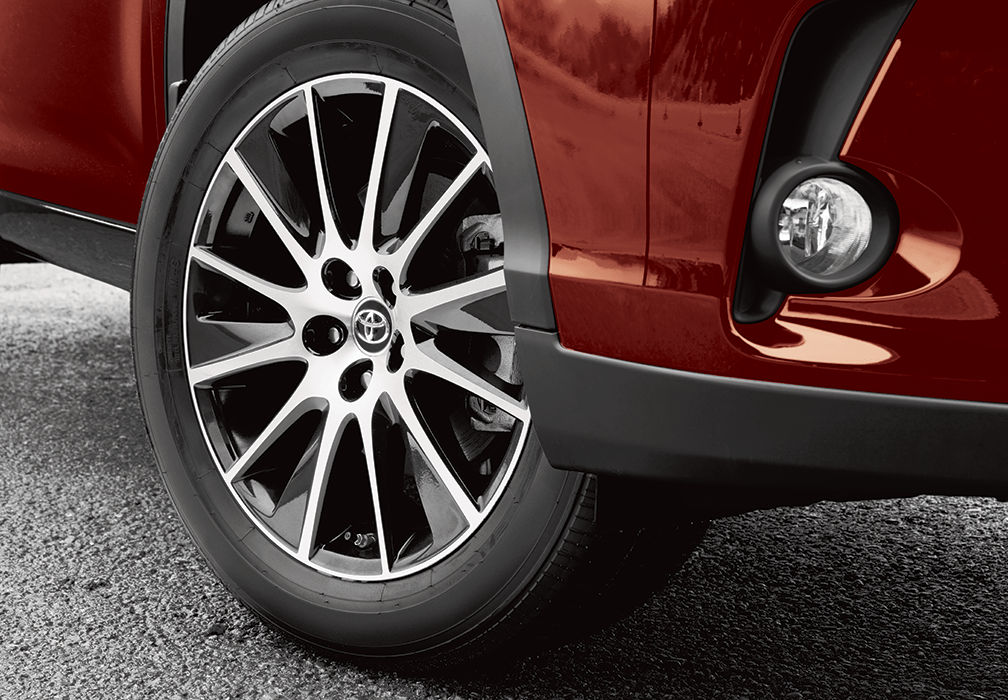
If you notice your steering pulling to the left or right when you brake, this could indicate that there is uneven friction on one or more wheels – often caused by a stuck caliper, collapsed brake hose, or uneven brake pads. The problem could also be your tires, front-‐end alignment, or suspension. Whatever the cause, pulling is a good reason to bring your Toyota in for an inspection.
In addition, some signs of brake wear can only be identified when you bring your vehicle in for a proper brake inspection.
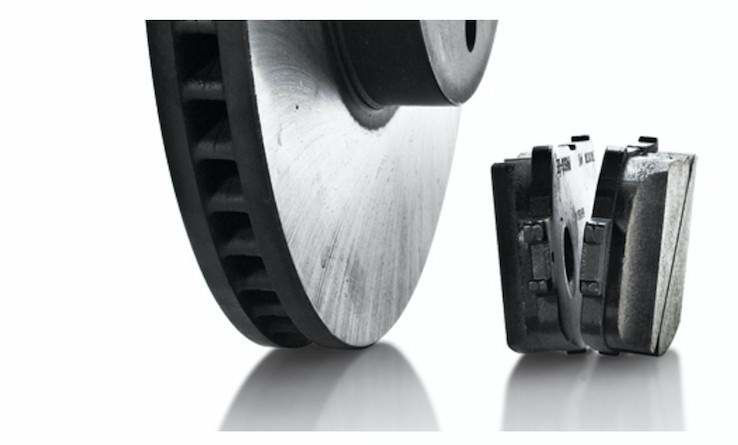
A quick visual inspection will help you determine how your brake pads are wearing, but it’s not always possible to see them through your wheels. Your certified Toyota technician will be able to remove the tire to properly inspect your brake pads. If they’re less than a quarter inch thick, it’s time to get them replaced.
Brake pads show signs of wear from friction, but your rotors should not. Deep, circular grooves in the rotor are a sign that your brakes are severely worn down and must be replaced.
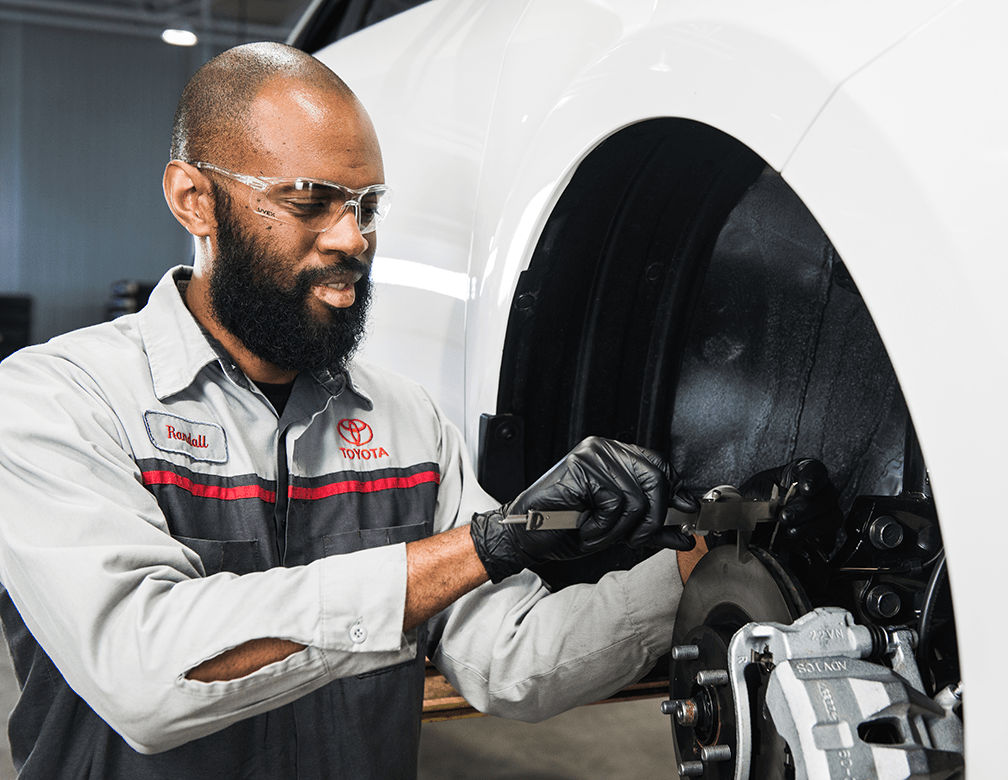
When it comes time for your brake inspection or service, there’s no place like home. Our certified Toyota technicians know your vehicle best and will fix it right the first time using only Toyota Genuine Parts.
Our brake service is designed to clean and restore the braking system and ensure it is functioning at an optimal level. This involves cleaning your rotors, brake pads and calipers, removing excessive rust, deglazing braking components, and putting them back together. Your technician will then road test the vehicle to ensure the braking system is functioning properly.

Following the recommended Toyota maintenance schedule intervals can help save you money and time in the long run by helping you avoid the cost of major replacements and the inconvenience of unplanned repairs.
You also get peace of mind knowing your brakes are in tip‐top shape. After all, your brakes are directly responsible for your safety, as well as the safety of your passengers and other people on the road. There’s no sense in risking any of that by putting off your scheduled maintenance.
So do yourself and your vehicle a favour and bring your Toyota home.
Click here for more details on your vehicle’s maintenance schedule.